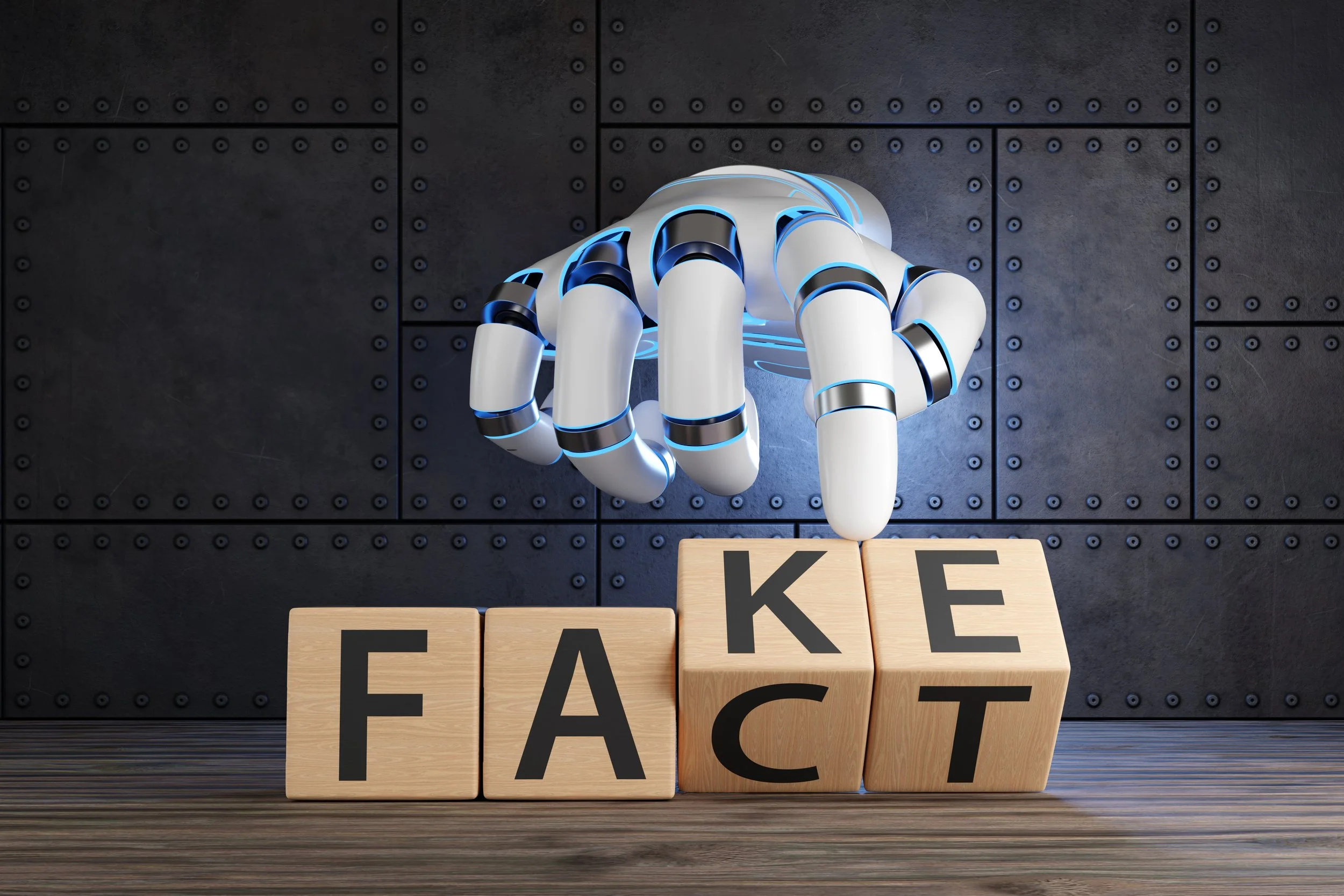MTC: Google’s Claim Over LSA Client Intake Recordings: Why Lawyers Must Rethink Cloud Service Risks in 2025 ⚖️☁️
/Client confidentiality under siege: The legal battle begins!
Google’s recent assertion of ownership rights over Local Services Ads (LSA) client intake recordings should send shockwaves through the legal community. In a quiet but consequential email, Google notified LSA advertisers that, going forward, it claims full creative license and access to all content-ranging from photos and bios to, most alarmingly, recorded phone calls and message conversations with prospective clients routed through Google’s systems. This change, effective June 5, 2025, requires advertisers to opt in or risk losing access to LSA advertising altogether.
The Heart of the Issue: Confidentiality and Control
For lawyers, the implications are profound. The attorney-client privilege is a cornerstone of legal ethics, and the duty to safeguard client confidences is absolute. When a third-party platform like Google claims ownership and unfettered use of intake recordings, the risk to confidentiality is not hypothetical-it is immediate and real. Intake calls often contain sensitive, privileged, or even incriminating information. If Google can analyze, synthesize, and potentially repurpose these recordings for algorithmic optimization or other commercial uses, lawyers may inadvertently breach ethical obligations simply by participating in LSA. See ABA MRPC 1.1[8] and 1.6.
Cloud Services: Convenience vs. Compliance
Ensure your service providers aren't eavesdropping on confidential client communications!
Cloud-based services have revolutionized law practice, offering flexibility, scalability, and cost savings. However, these benefits come with significant risks, especially when the service provider is not lawyer-centric or fails to prioritize legal ethics. The American Bar Association’s TechReport found that 62% of lawyers cite confidentiality and security as their top concerns with cloud computing. The risk is compounded when vendors can unilaterally change terms of service, as Google has done, or when agencies can accept such terms on behalf of law firms, potentially without direct client notification.
Ethical and Legal Pitfalls
Multiple state bar associations and the ABA have issued opinions permitting cloud adoption-so long as lawyers exercise “reasonable care” to protect client data and maintain ongoing oversight of their providers. ABA MRPC 1.6. This includes:
Conducting due diligence on security and privacy practices before signing up. ABA MRPC 1.1[8]
Regularly reviewing provider terms and monitoring for changes that may impact confidentiality. ABA MRPC 5.3[8] and
Ensuring that cloud vendors do not assert ownership or usage rights over client communications.
Google’s new LSA terms appear to violate the spirit, if not the letter, of these ethical requirements by granting itself broad rights to use, modify, and analyze sensitive client data.
Pricing, Profiling, and AI Risks
Google has no business listening on our conversations!
Google’s access to intake recordings is not just a privacy risk-it’s a competitive one. The company can now aggregate pricing, service details, and other confidential data across the legal industry, potentially using this information to inform its own advertising algorithms or AI-driven pricing models. This could lead to unfair competitive advantages, price manipulation, or even the inadvertent exposure of client strategies.
Practical Steps for Lawyers
Given these developments, lawyers should:
Reevaluate participation in LSA and similar platforms where data rights are unclear or unfavorable.
Insist on transparency and control over all client communications, especially intake recordings.
Choose cloud providers with legal industry expertise and terms that explicitly preserve attorney-client privilege and data ownership.
Educate staff and clients about the risks of sharing sensitive information through third-party channels.
Final Thoughts: The Stakes Are Higher Than Ever!
The legal profession’s embrace of technology must not come at the expense of client trust and ethical integrity. Google’s move is a stark reminder that not all cloud services are created equal, and that lawyers must remain vigilant-scrutinizing every vendor relationship for hidden pitfalls. The black box of big tech is only getting darker; it is up to the legal community to demand light.


































